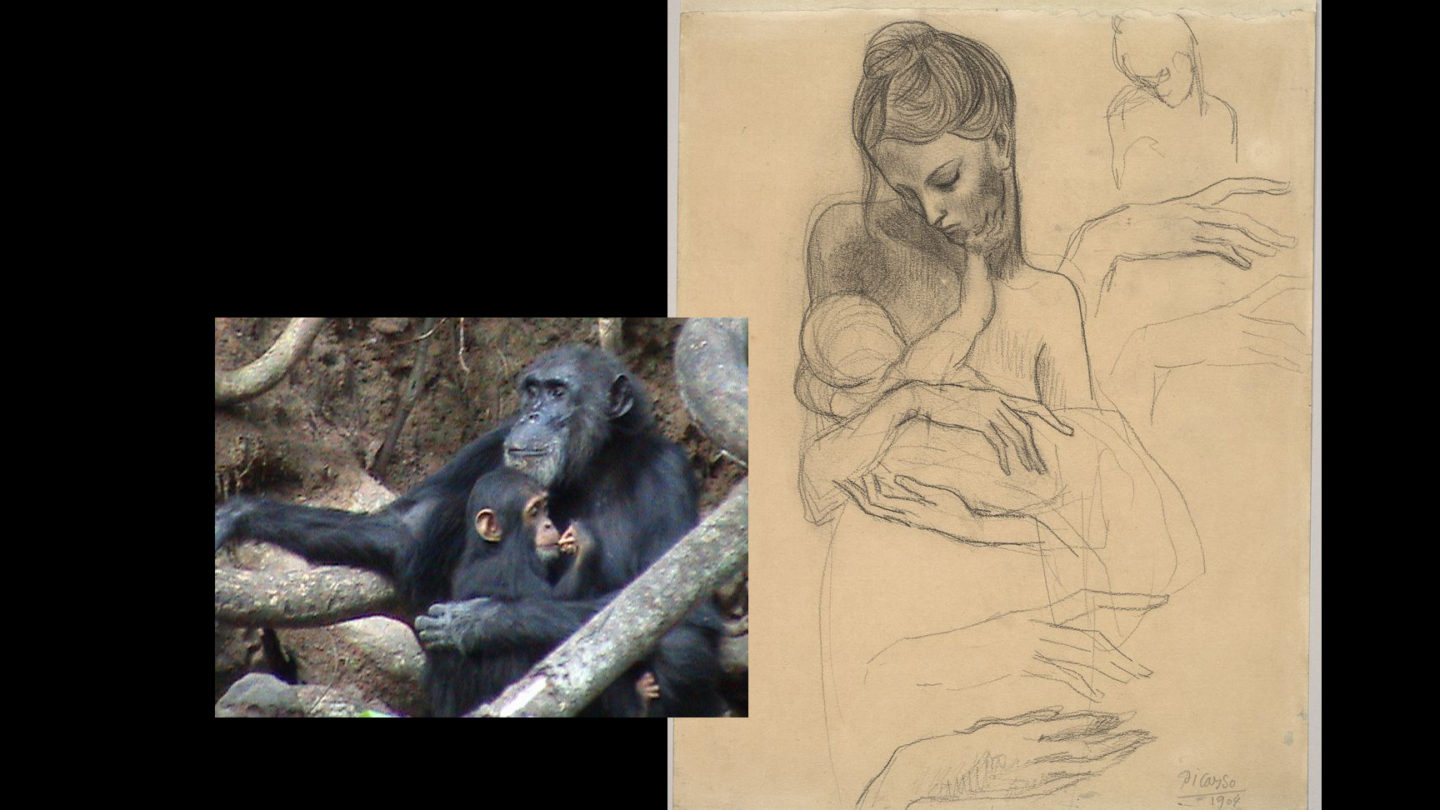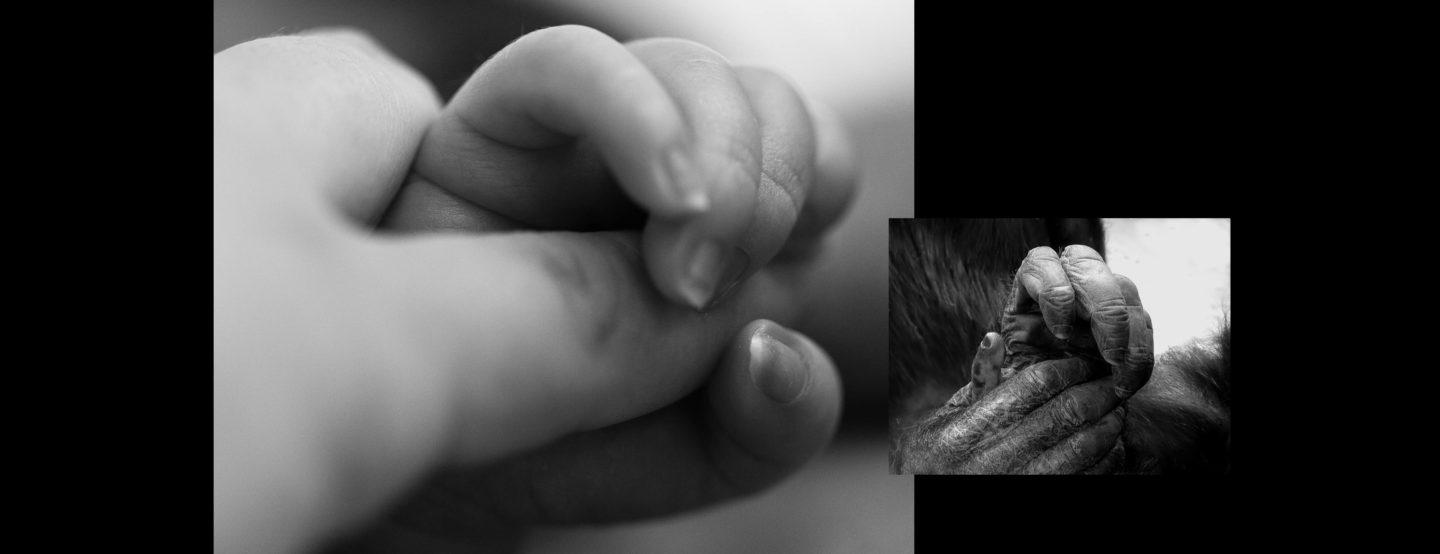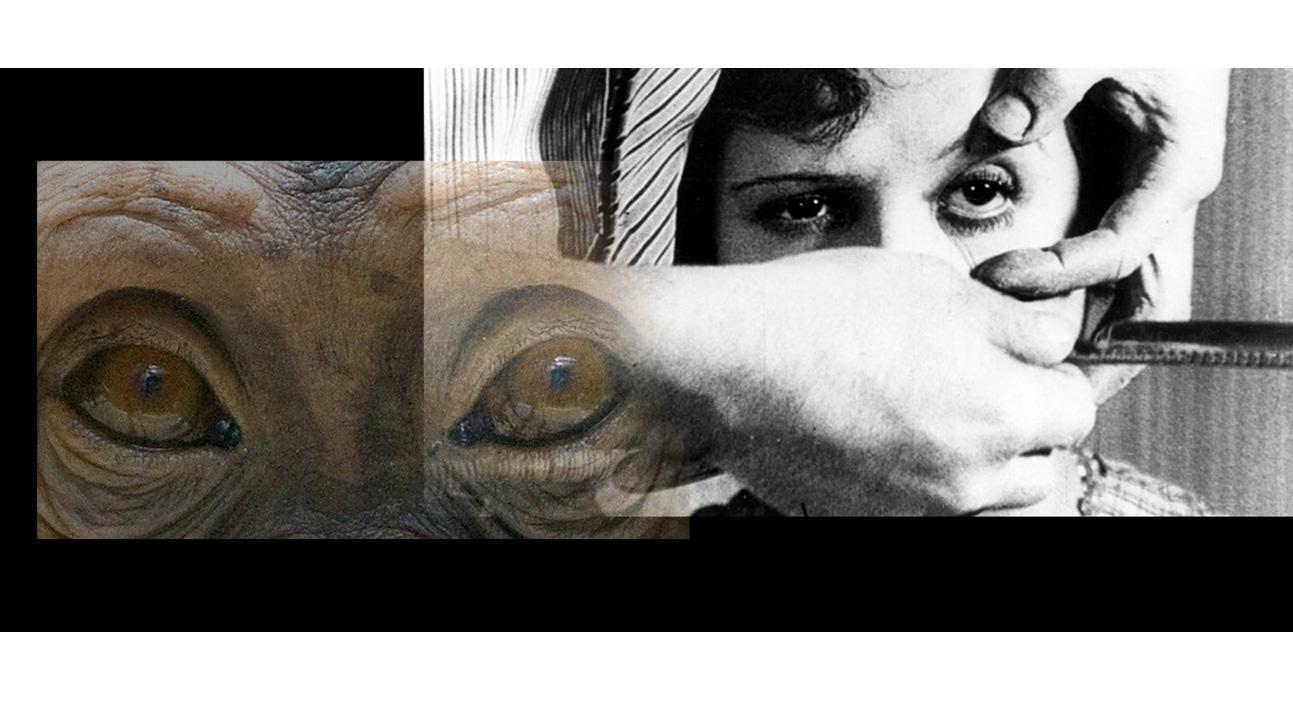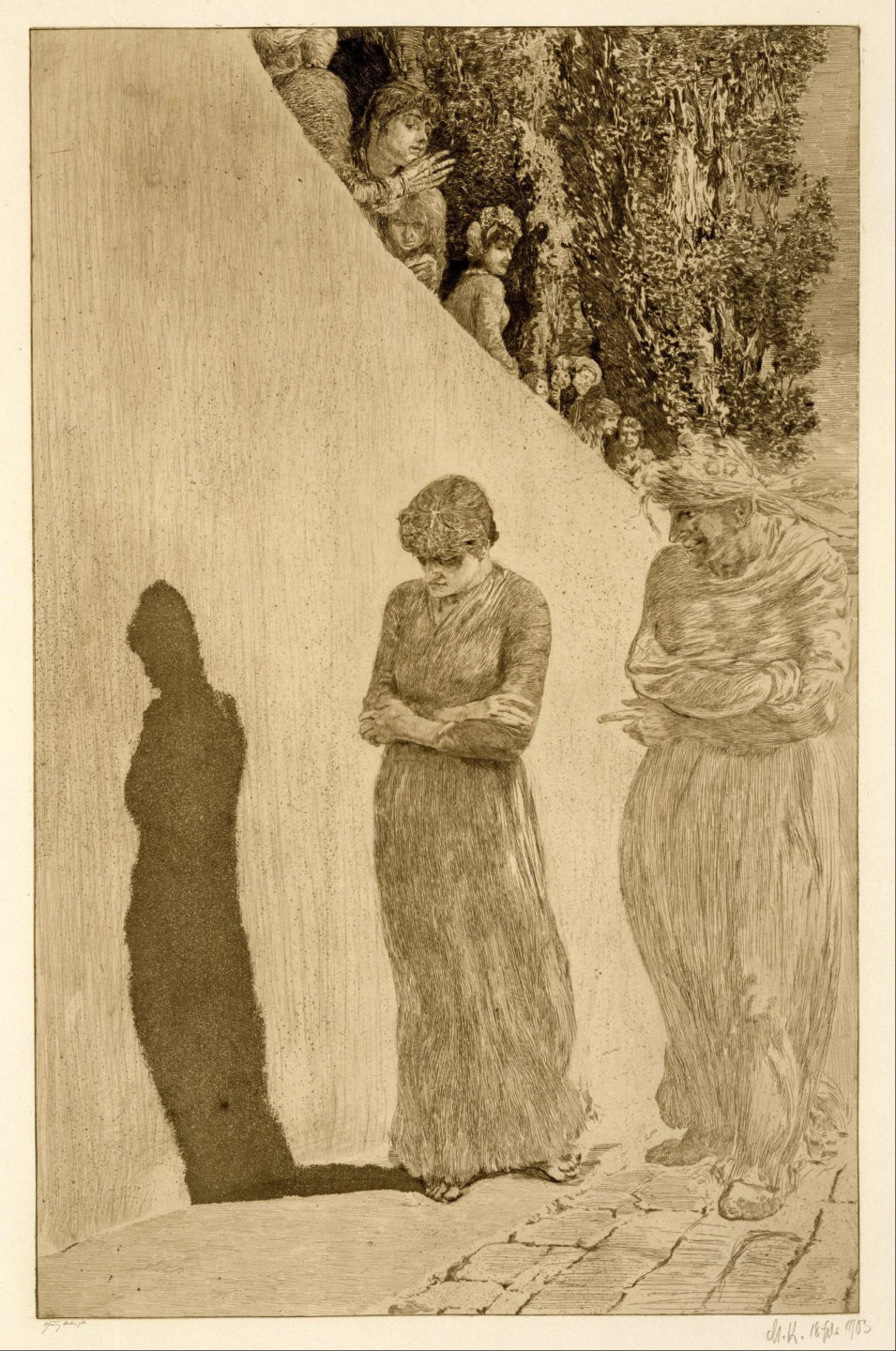Primates Who Are Calm Enough to Pay Attention, or How Touch Allows Human and Non-Human Infants to Engage in Social Interactions
When orphans who have had to overcome difficult upbringings are portrayed in movies or books, they are usually described as smart, sensible children who are capable of facing any challenge and are able to intuitively excel in anything they attempt (even quidditch). The reality of a harsh upbringing, especially for …






